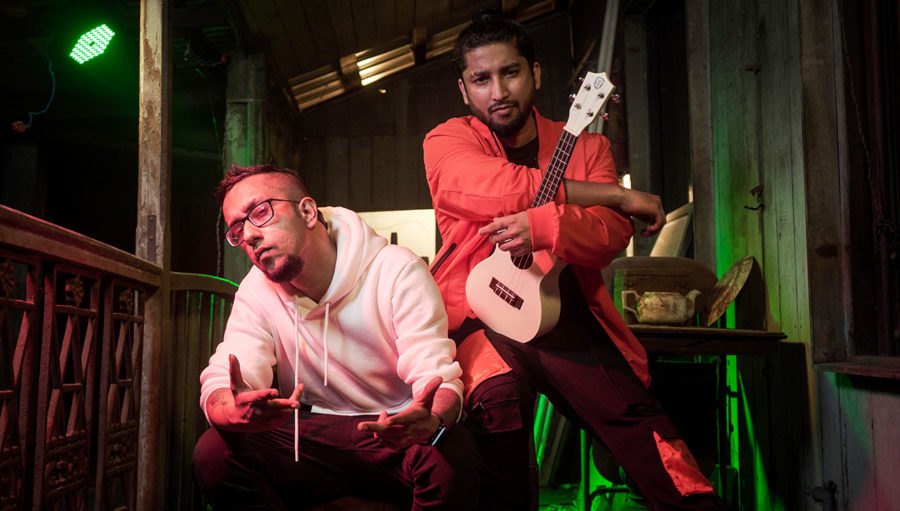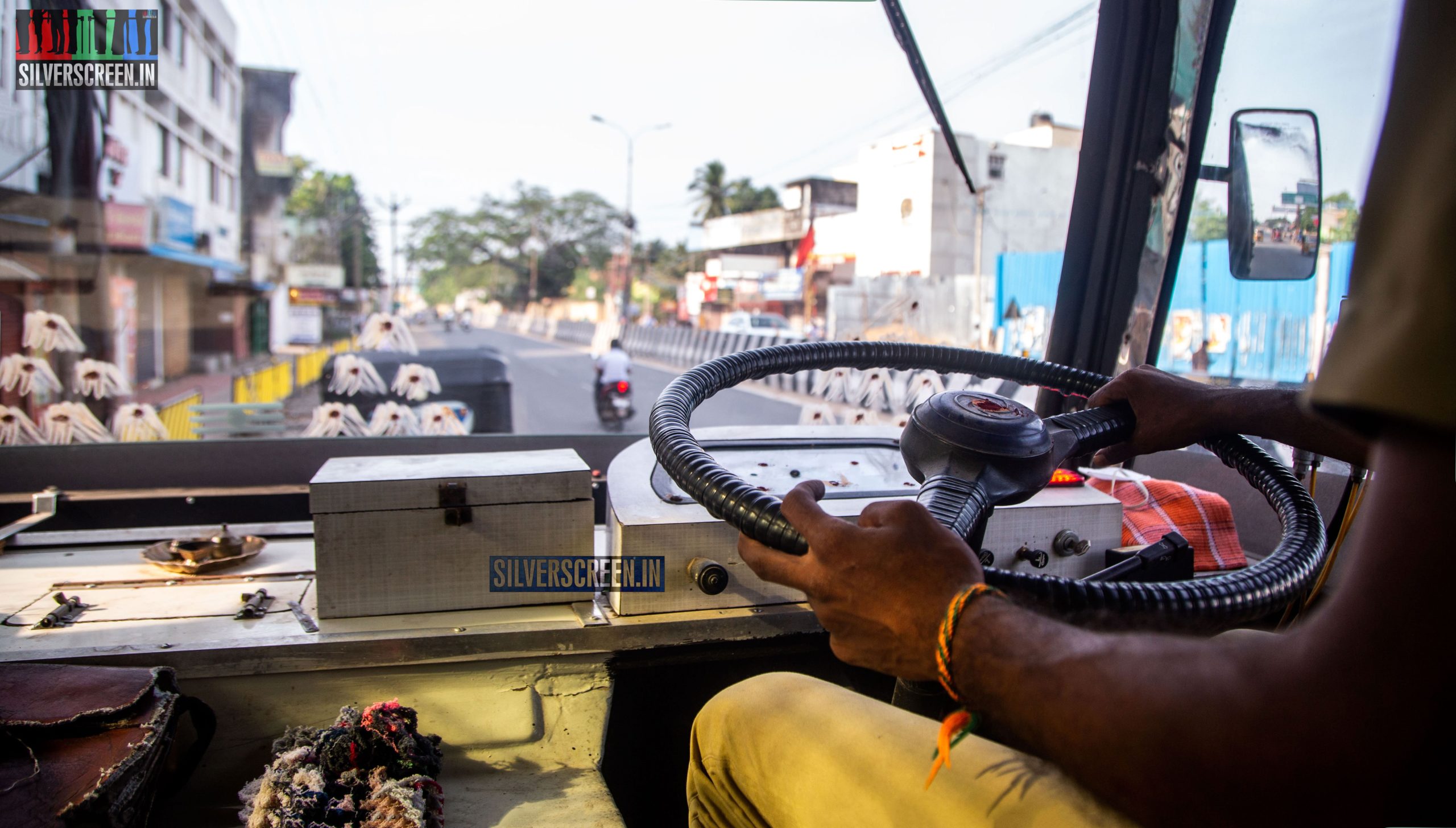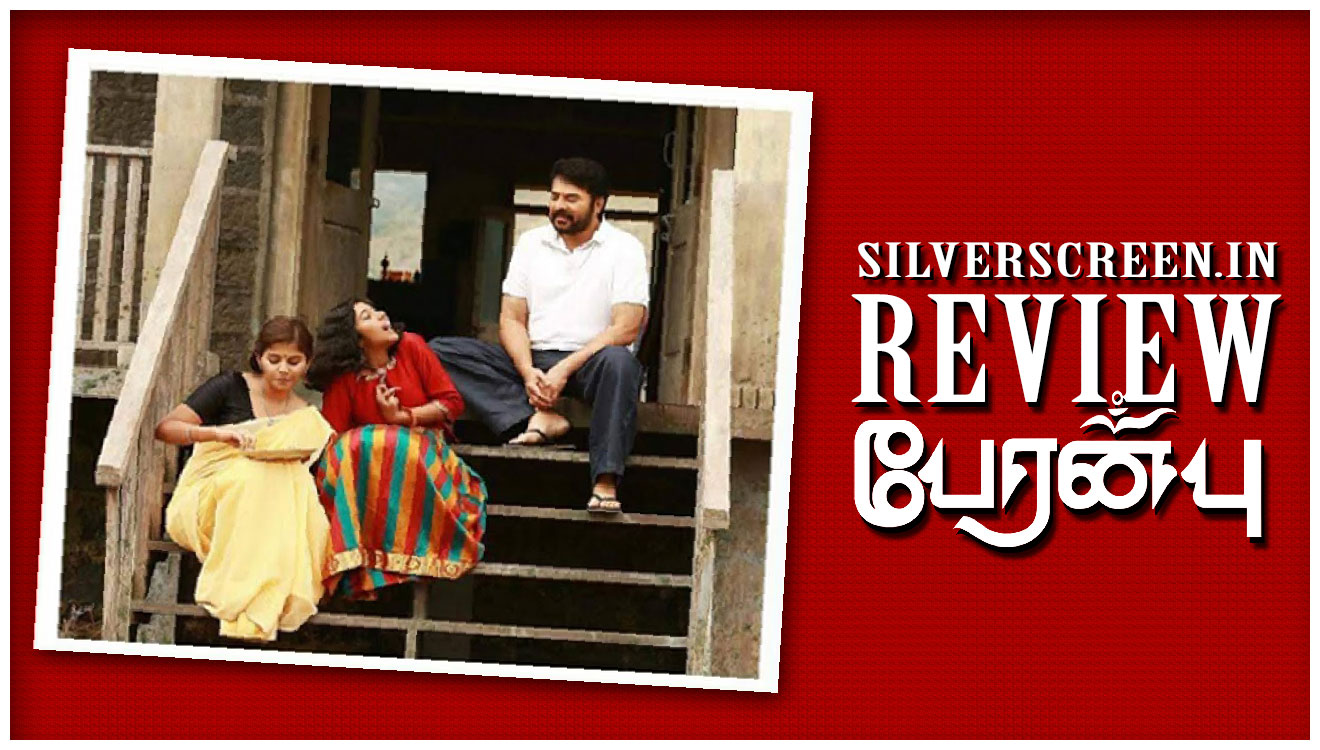When Santhanam Srinivasan Iyer, also known as EPR, began his rap career in 2005; he brought reggae and Hindi rap together through experimental tracks. Ever since, he has worked on many theme-based projects for television and OTT streaming platforms, bringing rap to the fore.
In an interview with Silverscreen India, EPR charts his journey, speaks about his new track Death of Democracy (which released on October 9) and reiterates the importance of issue-based raps.
You completed your undergraduate degree in journalism and then switched to rapping full-time. What led to the switch?
I was always into hip-hop music. The switch to rap was not a sudden decision. I had been rapping since college and it became my means of expression. The medium also lent itself to starting a discussion on major issues. Here, my background in journalism helped.
In your recent track, you speak about a plethora of issues in the limelight instead of focusing on a few. Was it difficult to include such a wide range?
For me, speaking about a large range of issues is easy. Everything I discussed was on my mind for a couple of months as I could observe it all happening around me. When I see that small-time rappers, who talk of corruption metaphorically, get beaten up in Kashmir or Bihar, I consider myself privileged. I choose to openly name people in my music. I could easily be slapped with a sedition case. However, being in West Bengal helps. I am not saying that Bengal is politically perfect but the voice of dissent is certainly stronger here.
Does dealing with issue-based rap and managing a follower base come into conflict at any point?
Recommended
For me, uniqueness is most important. The ability to make music independently, lends my music a distinct sound. I could make commercial songs. However, if I do that, I will be just another run-of-the-mill rapper.
The next song you are working on is called Q and it’s about love. Is it an attempt to reach out to other topics?
I really like to experiment and I am not afraid to try. This is something new that I want to release. I do not want to be branded as a protest poet. I want my audience to feel like I have range. Hence, I am attempting something else this time.


